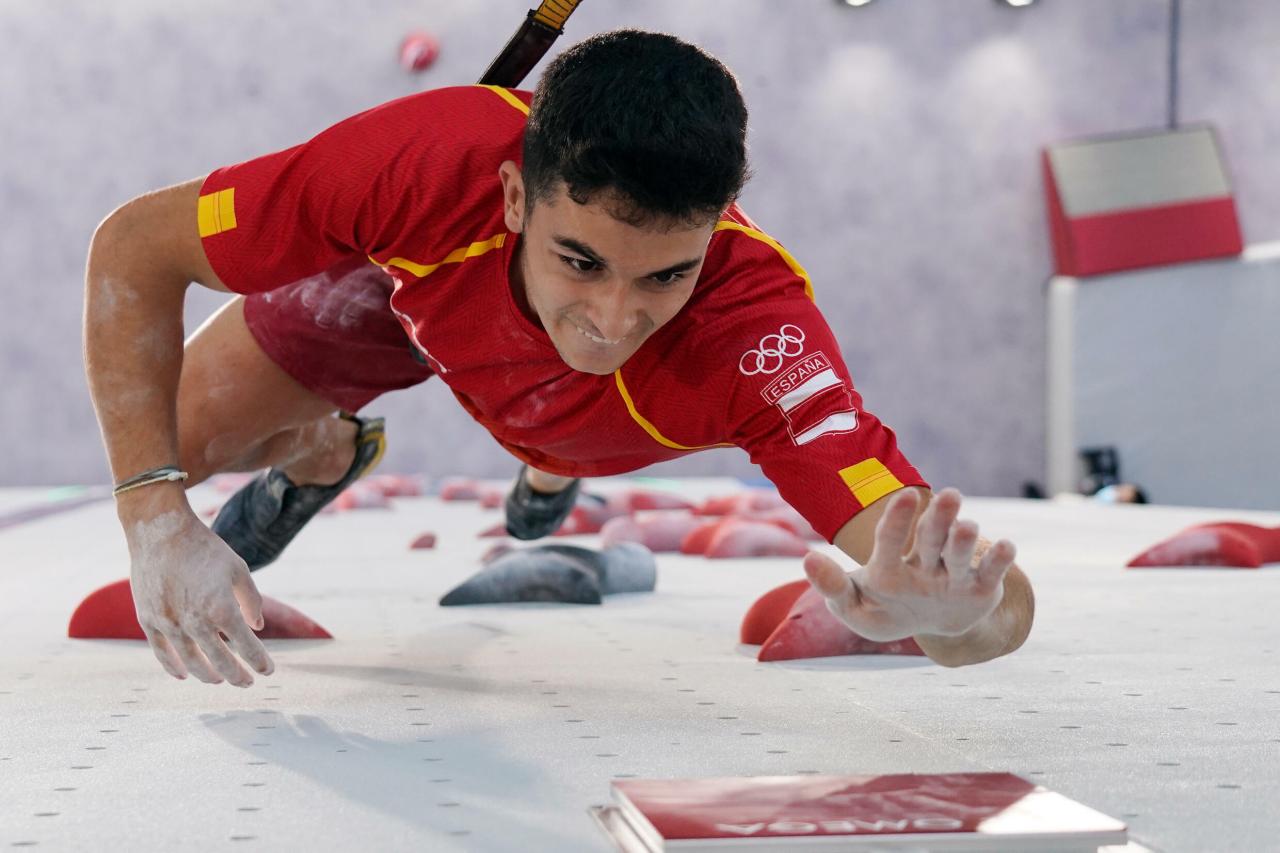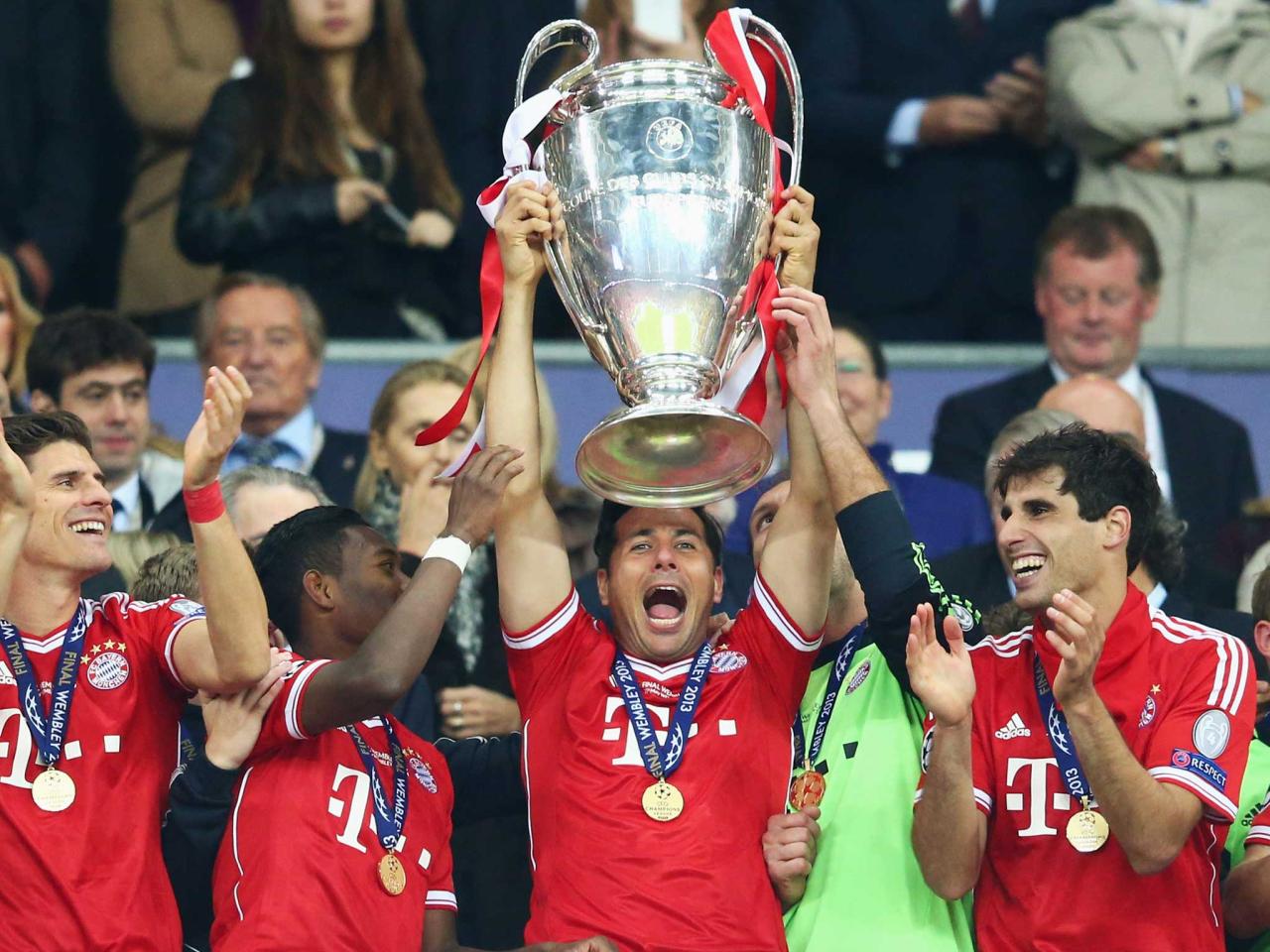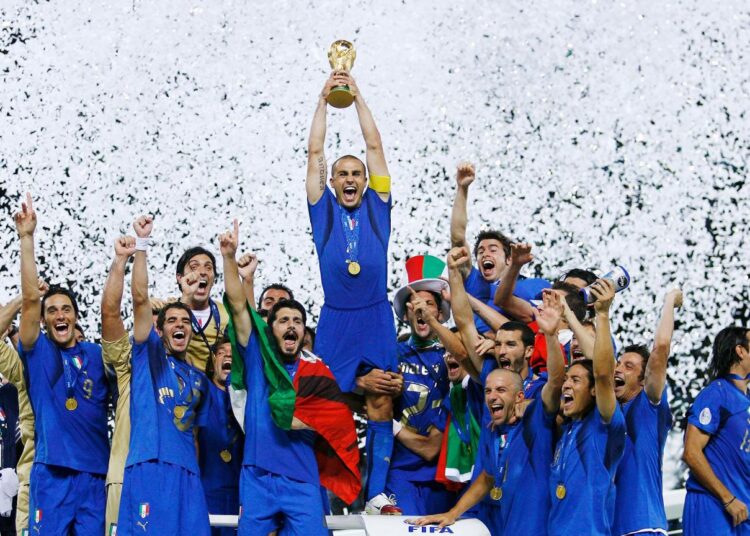In the relentless pursuit of success, whether on the competitive field, in the demanding boardroom, or within the intricate tapestry of personal challenges, one factor consistently stands apart as the ultimate differentiator: the mindset for victory. This isn’t merely about positive thinking; it’s a deeply ingrained psychological framework, a specific way of perceiving obstacles, handling pressure, and relentlessly striving for excellence that defines true champions. While talent, skill, and resources are undoubtedly crucial, it’s the mental game that often dictates who triumphs and who falters when the stakes are highest. This comprehensive article delves into the intricate components of a winning mindset, exploring the cognitive strategies, emotional intelligence, and behavioral patterns that empower individuals and teams to overcome adversity, optimize performance, and consistently achieve their goals. We’ll unveil how cultivating this powerful mental approach isn’t just about winning, but about unlocking one’s fullest potential in every facet of life.
The Foundation

At the very core of a champion’s mindset lies an unshakeable belief in oneself and one’s capabilities. Without this fundamental conviction, even the most talented individuals can falter.
A. Self-Belief as a Prerequisite
True self-belief is not arrogance; it’s an honest assessment of one’s strengths combined with a conviction that one can acquire the skills and overcome the challenges necessary for success.
- Cultivating an Inner Narrative of Success: Actively challenging self-doubt and replacing negative thoughts with affirmations of capability and past achievements. This involves conscious reframing of perceived failures as learning opportunities.
- Visualizing Success: Regularly and vividly imagining desired outcomes, complete with sensory details. This practice primes the brain for success and builds confidence. Athletes often visualize perfect plays, while entrepreneurs might visualize successful pitches.
- Drawing on Past Triumphs: Recalling previous successes and moments of resilience to reinforce the belief that one has the capacity to overcome current obstacles. This provides an evidence base for one’s own capabilities.
B. The Power of Self-Efficacy
Developed by psychologist Albert Bandura, self-efficacy is the belief in one’s ability to succeed in specific situations or accomplish a task. It directly influences behavior, motivation, and thought patterns.
- Mastery Experiences: The most powerful source of self-efficacy comes from successful personal performance. Each small victory builds confidence for larger challenges. This emphasizes the importance of setting achievable sub-goals.
- Vicarious Experiences (Social Modeling): Observing others succeed through sustained effort can strengthen one’s belief in their own abilities. Seeing someone similar to oneself achieve a goal makes it seem more attainable.
- Social Persuasion: Encouragement and positive feedback from trusted mentors, coaches, or peers can significantly boost self-efficacy. Conversely, negative comments can undermine it.
- Physiological and Affective States: Interpreting physical and emotional states (e.g., anxiety, fatigue) as signals of readiness or challenge, rather than signs of weakness or inability. Learning to manage stress and excitement for optimal performance.
Essential Pillars of the Champion Mindset
Beyond fundamental belief, a victorious mindset is built upon several interconnected psychological pillars.
A. Resilience
The ability to recover quickly from setbacks, adversity, and failure is a hallmark of champions.
- Embracing Failure as a Learning Opportunity: Viewing mistakes and losses not as end-points, but as invaluable data points for improvement. Analyzing what went wrong without dwelling on self-blame. This involves a growth mindset, where abilities are seen as developable.
- Emotional Regulation: The capacity to manage and express emotions constructively, preventing them from overwhelming rational thought or hindering performance. This includes techniques like deep breathing, mindfulness, and cognitive reappraisal.
- Persistence and Grit: The unwavering commitment to long-term goals, despite obstacles, failures, and plateaus. It’s about showing up consistently and putting in the sustained effort required for mastery.
- Adaptability: The flexibility to adjust strategies and approaches when initial plans don’t yield desired results. This requires creative problem-solving and an openness to new ideas.
B. Focus and Concentration
The ability to direct and sustain attention, especially under pressure, is crucial for optimal performance.
- Mindfulness and Presence: The practice of being fully present in the moment, free from distractions of past mistakes or future anxieties. This enhances awareness of immediate cues and opportunities.
- Selective Attention: The skill of filtering out irrelevant stimuli (crowd noise, competitor taunts, internal doubts) and concentrating solely on the task at hand.
- Routine and Rituals: Developing pre-performance routines (e.g., pre-shot routines in golf, pre-game warm-ups) that help athletes enter a state of focused readiness and block out distractions.
- Managing Performance Anxiety: Employing techniques like deep breathing, progressive muscle relaxation, or positive self-talk to channel nervous energy into productive performance.
C. Goal Orientation
Champions are inherently goal-driven, but their approach to goals is strategic and nuanced.
- Process Goals vs. Outcome Goals: While winning (outcome goal) is the ultimate aim, champions primarily focus on process goals – the specific actions and behaviors required to achieve the outcome (e.g., “make 10 free throws in a row in practice,” “complete 3 customer outreach calls per day”). This keeps focus on controllable actions.
- Challenging but Achievable Goals: Setting goals that stretch capabilities but are not so unrealistic as to be demotivating. This fosters continuous improvement.
- Regular Review and Adjustment: Periodically assessing progress towards goals and adjusting them as circumstances change or new insights emerge.
- Commitment and Accountability: A strong internal commitment to goals, often reinforced by external accountability partners or systems.
D. Emotional Intelligence
Understanding and managing one’s own emotions, as well as recognizing and influencing the emotions of others, is vital, especially in team settings.
- Self-Awareness: Recognizing one’s own strengths, weaknesses, emotions, and their impact on performance. This includes understanding what triggers stress or optimal flow states.
- Self-Regulation: Controlling disruptive impulses and moods, thinking before acting, and maintaining composure in challenging situations.
- Empathy: Understanding and sharing the feelings of others, crucial for effective teamwork, leadership, and responding to competitor dynamics.
- Social Skills: Building rapport, influencing others, effective communication, and conflict resolution – all vital for cohesive team dynamics and external stakeholder management.
Cultivating the Champion Mindset

Developing a winning mindset isn’t something one is born with; it’s a skill set that can be learned, honed, and integrated into daily practice.
A. Structured Self-Reflection
Regularly evaluating performance and mental states.
- Journaling: Documenting thoughts, feelings, successes, failures, and lessons learned. This provides a tangible record for analysis and promotes self-awareness.
- Performance Debriefs: After a game, project, or significant event, conducting a structured review of what went well, what could be improved, and the mental approach taken. This can be done individually or as a team.
- Feedback Seeking: Actively soliciting constructive feedback from coaches, mentors, peers, and even opponents to gain different perspectives on performance and behavior.
B. Cognitive Restructuring and Positive Self-Talk
Challenging and changing unhelpful thought patterns.
- Identifying Negative Self-Talk: Becoming aware of self-defeating thoughts (“I can’t do this,” “I’m not good enough”).
- Challenging and Replacing: Actively questioning the validity of negative thoughts and replacing them with positive, realistic, and empowering affirmations (“I am prepared for this,” “I will focus on the next step”).
- Reframing Challenges: Viewing obstacles not as insurmountable barriers but as opportunities for growth and skill development. For example, seeing a tough opponent as a chance to test new strategies.
C. Mindfulness and Meditation Practices
Developing present-moment awareness and reducing mental clutter.
- Daily Meditation: Short, consistent meditation practices (even 5-10 minutes) can improve focus, reduce stress, and enhance emotional regulation.
- Mindful Breathing: Using conscious breath control to calm the nervous system and bring focus back to the present moment during stressful situations.
- Body Scans: Paying attention to physical sensations throughout the body to increase self-awareness and identify areas of tension.
D. Building Strong Support Systems
Surrounding oneself with positive influences.
- Mentors and Coaches: Seeking guidance from experienced individuals who can provide objective feedback, support, and strategic advice.
- Peer Networks: Connecting with like-minded individuals who share similar goals and can offer encouragement, challenge, and accountability.
- Professional Mental Health Support: Not hesitating to seek help from sports psychologists or therapists when dealing with significant performance anxiety, burnout, or other mental health challenges. This is increasingly recognized as a vital component of elite performance.
E. Physical Well-being as a Foundation for Mental Strength
The mind and body are inextricably linked. Optimal physical health underpins mental resilience.
- Adequate Sleep: Prioritizing consistent, quality sleep as fundamental for cognitive function, emotional regulation, and physical recovery.
- Balanced Nutrition: Fueling the body with nutrient-dense foods to support energy levels, mood stability, and overall brain health.
- Regular Exercise: Physical activity reduces stress hormones, boosts mood, and improves cognitive function, directly contributing to mental toughness.
- Hydration: Ensuring sufficient water intake, as even mild dehydration can impair cognitive performance and mood.
Overcoming Common Mental Barriers to Victory
Even individuals with a strong mindset can face specific psychological hurdles that must be actively managed.
A. Fear of Failure
The apprehension of not meeting expectations, leading to paralysis or underperformance.
- Redefining Failure: Shifting the perception of failure from an identity-defining event to a temporary outcome that provides valuable lessons.
- Process Focus: Emphasizing effort and learning processes over solely outcome, reducing the pressure associated with winning.
- Exposure Therapy: Gradually exposing oneself to situations where failure is possible, building resilience and reducing anxiety over time.
B. Perfectionism and Analysis Paralysis
The pursuit of flawlessness can lead to excessive rumination and inability to act.
- “Good Enough” Mindset: Recognizing when a task is sufficient to move forward, rather than endlessly striving for an impossible ideal.
- Action Bias: Prioritizing decisive action, even if imperfect, over endless planning and analysis. Learning from real-world execution.
- Learning from “Messy” Starts: Accepting that initial attempts may be imperfect but are necessary steps towards refinement.
C. Complacency
Becoming comfortable with past successes, leading to a drop in effort or vigilance.
- Continual Goal Setting: Always having new, challenging goals on the horizon to maintain motivation and drive.
- Growth Mindset Reinforcement: Emphasizing that there is always room for improvement, regardless of past achievements.
- Seeking New Challenges: Actively pursuing novel experiences or higher levels of competition to prevent stagnation.
D. Imposter Syndrome
The feeling of being a fraud despite evidence of success, leading to self-doubt and fear of exposure.
- Acknowledging Accomplishments: Regularly reflecting on and celebrating successes, internalizing achievements.
- External Validation (Cautiously): While internal belief is key, receiving positive external feedback can help reinforce self-worth.
- Understanding the Commonality: Recognizing that many highly successful individuals experience imposter syndrome, normalizing the feeling.
The Future of the Champion Mindset: Integration and Advancement
As sports science and psychology evolve, the cultivation of a winning mindset will become even more sophisticated and data-driven.
A. Biometric Feedback for Emotional Regulation
Wearable devices and sensors will provide real-time feedback on physiological markers of stress (e.g., skin conductance, heart rate variability patterns), allowing individuals to learn to regulate their emotional responses more effectively.
B. AI-Powered Mental Coaching
Artificial intelligence platforms will analyze performance data, emotional states (from self-reports or voice analysis), and even sleep patterns to provide personalized, adaptive mental training exercises and interventions.
C. Neurofeedback and Brain Training
Advanced techniques like neurofeedback, which measures brainwave activity and provides real-time feedback, may become more accessible, helping individuals train their brains for optimal focus, calm, and performance states.
D. Virtual Reality for Stress Inoculation
VR simulations can create highly realistic, stressful competitive scenarios, allowing athletes to practice their mental game and build resilience in a controlled environment without physical exertion.
E. Holistic Integration
A deeper integration of physical, mental, emotional, and spiritual well-being will be the standard, recognizing that a truly victorious mindset emerges from a balanced and healthy individual.
Conclusion
The mindset for victory is not an elusive, innate quality possessed by a select few; it is a dynamic, trainable construct that underpins sustained success across all domains. By cultivating unwavering self-belief, embracing resilience in the face of adversity, sharpening focus, leveraging emotional intelligence, and adopting a disciplined approach to goal-setting, individuals can systematically build their own champion mindset. This psychological blueprint empowers us not only to win competitions but to navigate life’s inevitable challenges with grace, determination, and an unyielding commitment to continuous growth. In a world where competition is constant and demands are ever-increasing, mastering the art of the winning mindset isn’t just a strategy for success; it is the ultimate pathway to unleashing one’s true, limitless potential.








